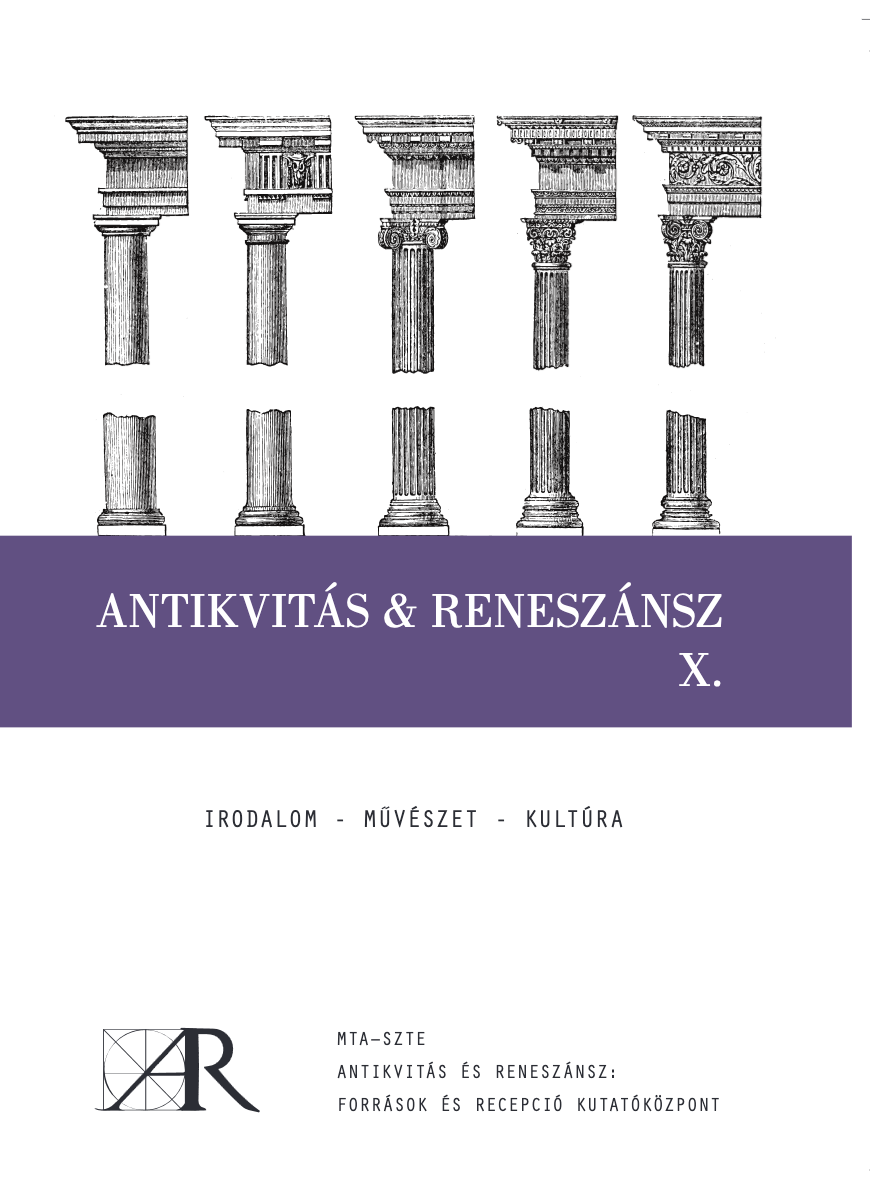Religion-based Changes in Education Policy under the Christian Emperors of Rome
Main Article Content
Abstract
Many researchers have so far tried to decipher the purpose of the letter 61c of the Emperor Julian (the Apostate) and to bring it into harmony with the law CTh 13, 3, 5, also preserved from the emperor’s reign. These attempts have so far been unsuccessful because neither the arguments that the letter prohibited Christian teachers from teaching on moral grounds and the law (which otherwise remained at a level of generalities) that imposed moral conditions on teachers’ employment (without mentioning Christianity at the same time) served the same purpose, nor that the two texts speak of two different facts, are convincing. The aim of this thesis is not to take a position on the issue, but to present, based on this question, what the “reverse situation” was, i.e., whether and to what extent the Christian emperors tried to change the educational system that had been teaching on the texts of pagan authors and explaining the immoral stories of pagan gods, and how, even before Christianity was a permitted religion, Christian leaders welcomed a Christian man to take up a teaching job.
